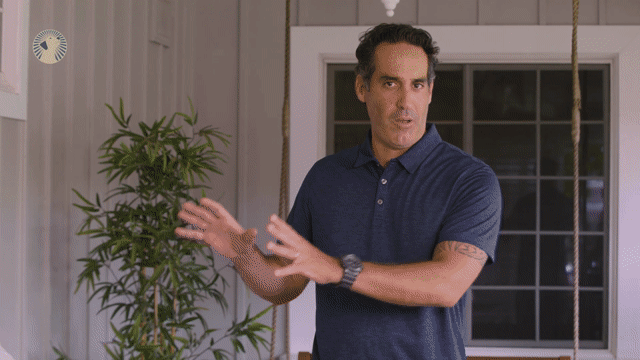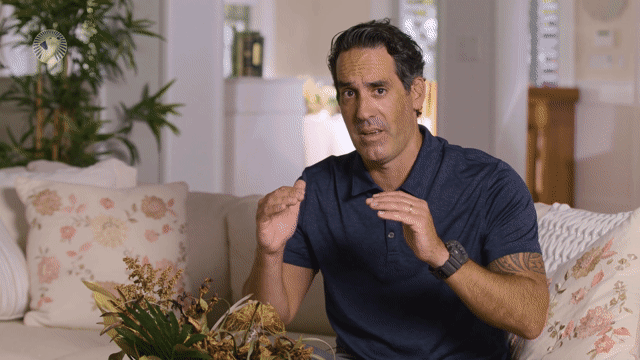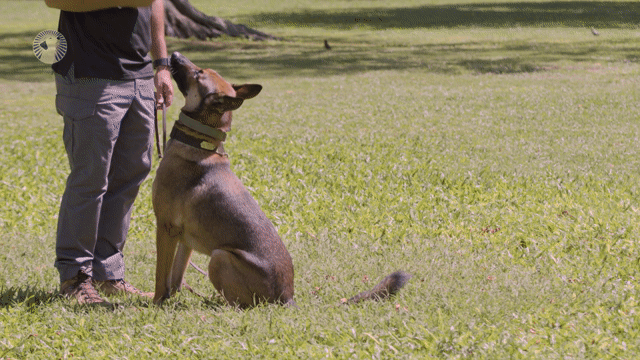How Do I Socialize My Puppy?
Having a socialized dog doesn't necessarily directly correlate with dogs getting along with other dogs. As we have covered extensively in the Beacon Dog training course, socialization means the dog is confident and calm, but that doesn't mean they may not still behave negatively around other dogs.
When we anthropomorphize dogs by giving them human characteristics, we tend to assume that they get along just like we would. Just because your dog is best friends with another dog, it does not mean the two of them will never get into a scuffle over an errant tennis ball or some other potentially divisive object.
This also doesn't mean that just because your dog gets along great with one dog that it will get along with all dogs. Even dogs with a very high tendency to bark and lunge at strange dogs may be able to get past this if they have been properly socialized. But, always keep in mind that even the most extensive socialization techniques will not cover every issue. Nor does it address problems that may arise when another dog is the aggressor.
Tips for Improved Socialization
Dogs may be a human's best friend, but that doesn't mean he is an expert at dealing with other dogs. If you are really trying to work on your dog's social skills or aggression around other dogs, then remember that it will take dedication and commitment.
In addition, here are some tips from the Beacon Training course on how to better socialize your pup:
- Be aware of what type of attention may make your dog more likely to behave in a negative way. For example, if your dog tends to get more excited by people when they are at the park or on a walk, then that is probably not the best way to introduce him/her to new people.
- Enter unfamiliar spaces gradually with your pup. Don't just have him tag along with you next time you go to the store. If you want him to be more comfortable in new places, start by taking him on short walks around your neighborhood.
- Don't act like your dog is just one of the kids. Remember that he is still a dog and may need some extra attention or time alone. Treating dogs as though they are people can often result in them behaving badly and becoming frustrated.
- If your dog tends to get aggressive around other dogs, then keep him on a leash and learn how to properly use a prong collar. You may even consider purchasing a basket muzzle which you can take off when the situation calms down.
- Be very careful about letting your dog off the leash at a park or other public space, even at a dog park. This means you should never let him roam around and sniff another dog without first getting permission from their handler and only after carefully approaching the situation.
- Experiment with different types of training to see which one will work the best for your individual dog. If you take him to a group class and he becomes aggressive, don't immediately give up on training because it isn't working for him. Try private lessons or even hire a behavior specialist to help your pup get past his aggressive tendencies.
Finally, remember that no matter how bad your dog's aggression gets, never hit or yell at him. It will only make the problem worse and may even unintentionally reward the behavior by giving him attention.
Useful Ressources

Introducing a New Dog to Your Life
Introducing a new dog into your household can be stressful. Learn how to set the right framework for success before, during, and after introducing your pup!

Problem-Solving Theories
Learn how to correct dog behavior problems (including food possessiveness and aggression) in order to make your life with a dog so much easier.

The Primal Power of Food
How to motivate your dog using food. Learn how to use food throughout your dog’s life to get the best out of them. Become an expert in motivating your dogs!

The Basics of Dog Psychology
You love your dog, but do you really know what your pup is trying to tell you? Most people don't. Dogs have a complex language of their own, and if we want to learn how to communicate with them on a deep level, we need to understand this language better.

What is Good and Bad Dog Play?
The signs of good vs. bad dog play can help keep dogs from getting hurt or hurting others - and knowing the difference could save lives! Here's how to tell them apart.

Building Confidence in Your Dog
This article will help you teach your dog that he can overcome any hurdle, building confidence and a greater bond with you along the way.

How Do I Get My Dog to Stop Reacting to Other Dogs in the Street?
99% of the time, dog reactivity is a mix of human error and dog insecurity. And, dog insecurity exists because of human error, as well. In essence, you play a huge role in the reason why your dog reacts the way it does.

How to Get Your Dog to Focus on You
Many people have difficulties with their dogs not paying attention to them and getting distracted by other things. This can be a complicated problem, but there are some ways that you can work on it!